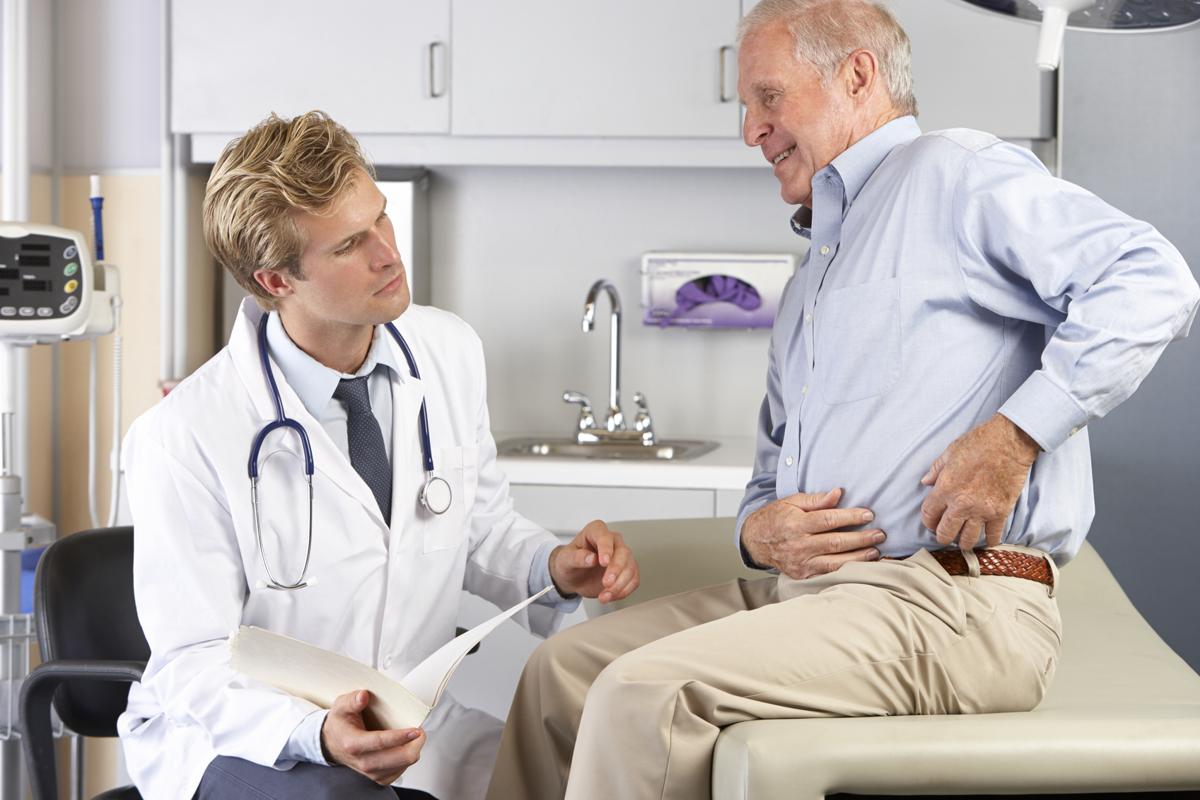
Having occasional bouts of hip pain should not be concerning. However, if the same keeps showing up frequently and messes up your daily activities, then it is time you consulted your healthcare provider and ruled out potential problems.
Hip pain may result from injury to muscles, ligaments, tendons, nerves or to hip joint. Most often, sharp pain in hip persists on the inside the hip or in the area of the groin. The same may also be due to some condition or disease which you need to have examined. Whatever may be the cause, pain in back and hips at night can disturb your rest and keep you from getting enough sleep. What may be more concerning is that the problem could render you immobile.
Responsible Factors
Osteoarthritis
The sharp pain in hip area may be because of this type of arthritis. People over 50 years of age are prone to osteoarthritis, which also often runs in the family. The wear and tear of the bones in the hip area are often a cause of pain. If the available treatment fails, the doctor may advise you to go for hip replacement surgery.
Tendonitis
Tendonitis, i.e. inflammation of tendons, which bridges the muscles and the bones throughout the body can occur due to a variety of reasons. The tendons become irritated and can cause hip pain. Tendonitis is commonly seen in old patients, whose tendons have lost their elasticity. Overuse of tendons, especially during exercises may cause sharp pain in hip joint region.
Stress Fracture
The cause of stress fracture to the femur bone in the hip, is repetitive micro-trauma. People, such as athletes and long-distance runners, often complain about hip pain after running, which transmits to the groin region. Rest cures this type of pain. An X-ray or a MRI scan will help to locate and evaluate the type of fracture.
Snapping Hip
While you are walking, you may feel pain accompanied by the snapping sensation with the popping noise. The snapping sensation is caused by tendons such as the iliopsoas tendon catching on the bones of the pelvis or the iliotibial tendon catching on the protrusion of the bone of the hip joint.
Trochanteric Bursitis
The most common of all the causes is trochanteric bursitis, which is the inflammation of the bursa located near the hip joint and near the upper thigh. Trochanteric bursa acts as a cushion between the greater trochanter bone in the hip and the tendons passing over it. Every movement of tendons results in hip pain, if the bursa is inflamed and irritated.
Osteonecrosis
If the blood supply to a part of a bone in the hip is not adequate, the cells of the bone dies because of lack of nourishment. This may cause the bone to collapse and result in sharp hip pain. This condition is known as osteonecrosis, and the most likely part of the body where it could occur is the hip area.
Pain due to Sciatica
The sharp or stabbing pain radiates from the back to the buttocks and may reach to the front or to the side of the hip. Straightening the knee, flexes the sciatica nerve, and it is at this time the pain is at its worst, making it an effort to take full strides or get up from a sitting position. In Cauda Equina syndrome, a neurological emergency, sciatica pain comes along with a loss of bowel and bladder function and needs a surgery, else there is risk of spinal cord damage.
Changes During Pregnancy
During pregnancy, the body releases many hormones to relax the muscles and joints. These hormones help the bones, especially the pelvis, in the hip region, to move around to facilitate labor and delivery. However, this also increases the chances of injury and pain in hips during pregnancy.
In addition to the above causes, sharp hip pain may have its origin in osteoporosis, which is often seen in old people. Overuse or straining of the muscles in the hip joint area can also contribute to sharp pain in the hip.
You can rest a bit and apply ice packs and heat pads to the affected area. You should try to stretch the muscles in the vicinity, which in some instances works very well. If the pain still persists it is better to take medical advice. Your doctor may advise you to go for an X-ray and MRI scan, after physical examination. He may also prescribe painkillers to provide you with relief from the pain and may also ask you to go for physical therapy. However, treatment of hip pain is entirely dependent on the cause.
Disclaimer: The information provided in this article is solely for educating the reader. It is not intended to be a substitute for the advice of a medical expert.


